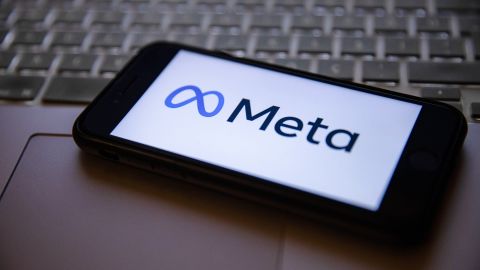Meta is barring political advertisers from utilising the firm’s new artificial intelligence capabilities, which enable brands generate text, backdrops, and other marketing content, in an effort to restrict the technology’s potential hazards, according to the company.
According to a company spokesperson, Meta has modified its standards regarding the advertising tools to limit their usage by ad campaigns relating to elections, politics, and social concerns.
The restrictions also apply to ad campaigns that “qualify as ads for Housing, Employment, or Credit,” as well as those “related to Health, Pharmaceuticals, or Financial Services,” according to a public notice on the explanatory sites for the affected AI capabilities.
“We believe this approach will allow us to better understand potential risks and build the right safeguards for the use of Generative AI in ads that relate to potentially sensitive topics in regulated industries,” the note continues.
The generative AI features in question include a tool that may automatically suggest changes to content submitted by marketers and offers to increase the efficacy of an ad. It may, for example, propose music or apply 3D animations to uploaded photographs.
Other tools that have been affected by the limits include one for creating product backdrops and another for editing marketing material.
The restrictions come as governments and civil society organisations have increasingly expressed concern about the disruption that AI-generated content could cause to the democratic process by misleading voters.
A bipartisan group of US senators filed legislation in September to prohibit the use of so-called AI “deepfakes” in political advertisements.
In addition, the Federal Election Commission launched a process in August that might eventually restrict or prohibit the use of AI in political advertisements.
CNN











